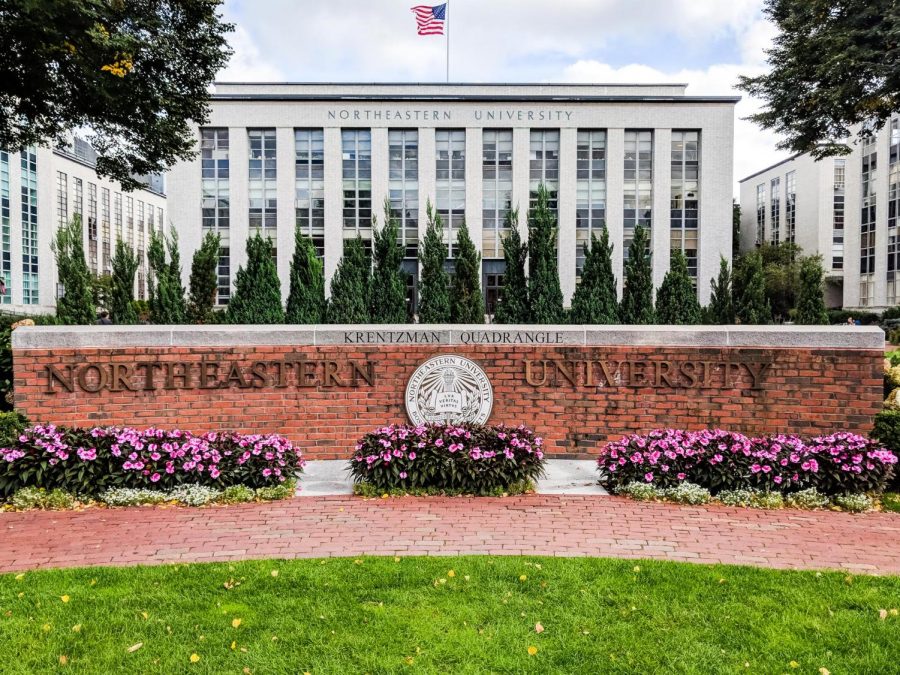First Northeastern student tests positive for COVID-19
March 15, 2020
At 9:12 p.m. Sunday, the Office of the Chancellor announced that a Northeastern student living off campus has tested positive for COVID-19.
“This student, who has been in isolation since last Thursday, March 12, remains in isolation in an off-campus apartment,” wrote Chancellor Kenneth Henderson and Senior Vice President for External Affairs Michael Armini in an email to all students.
The student returned to campus after spring break on March 9 and has been in isolation since March 12, according to the email. The Boston Public Health Commission is working on contact tracing to determine who else may have been affected.
“The Boston Public Health Commission is carefully reviewing the student’s movements since returning from Spring Break on Monday, March 9. This will allow the BPHC to contact individuals who may have been in direct contact with the infected student. It is very important that the student’s anonymity be maintained,” Henderson and Armini wrote.
Henderson and Armini reminded students of the current efforts the university is undertaking to prevent further spread of the coronavirus, including directing students to move out, shifting classes online at all campuses, establishing a remote work policy for all employees, sanitizing all public spaces on a continuous basis and seeking guidance from public health experts.
“A positive test result—presumptive or confirmed—underscores the need for the university to continue its swift and comprehensive response to the COVID-19 outbreak,” Henderson and Armini wrote.
This case is a presumptive positive after the student tested positive at a Boston-area hospital, not yet a confirmed case. In order for a diagnosis to be confirmed, the test must be verified by the CDC.
The university ended the email by assuring that updates will be communicated in the near future and reminding students to follow public health guidelines.
They wrote, “One of the clearest guidelines from public health authorities, in the U.S. and around the world, is how a community responds to an outbreak can have direct impact on its duration and severity. By working together—and heeding the wealth of public health expertise that is available to us—we can take material steps to slow the spread of the virus.”
This is a developing story. If you live on campus and would like to comment, email news@huntnewsnu.com.







